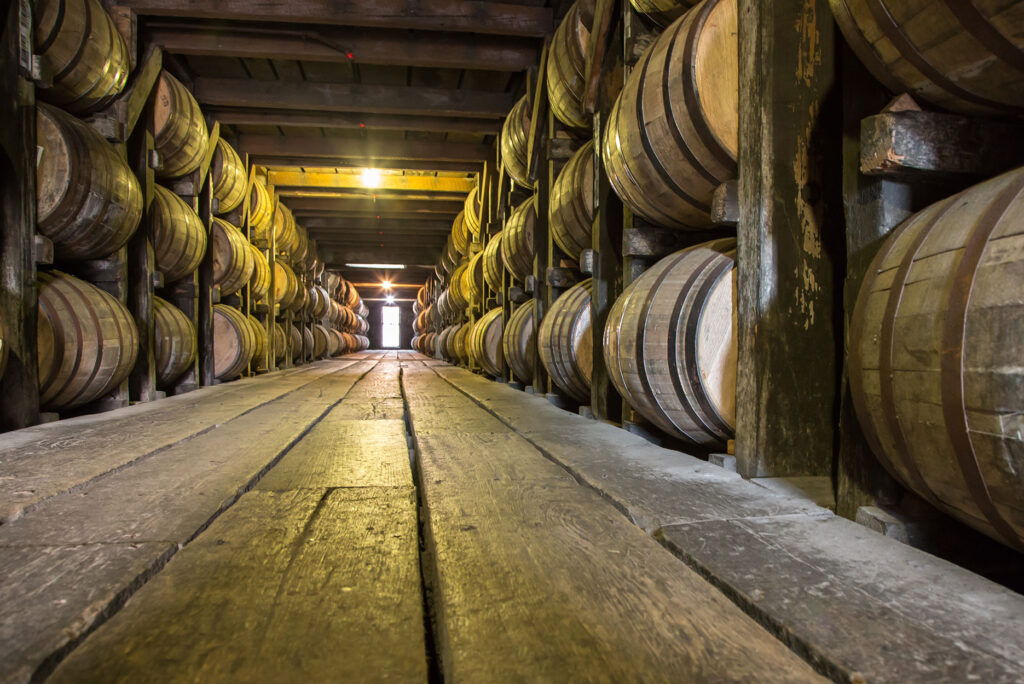
The collectible market journey
Consumers are showing their signs of optimism in the economy and are putting their money where it counts. Collectible investments are physical objects that people can collect. Traditionally, people have collected antiques, fine art, stamps, vintage cars and wines. But now a new wave of collectibles has emerged–people are buying trainers, for instance.
Thirty years ago, owning a pair of Nike trainers and not wearing them was unheard of. However, we have seen a massive spike in new collectibles coming in to take a slice of the pie in recent years – and whisky is no exception.
Tangible assets of 2024 have the potential to include anything from Pokémon cards to watches. Watches — the ultimate statement piece — have become high-value collectibles in recent years. According to Knight Frank’s report on global wealth, watches are one of the most desirable and valuable collectibles.
Technology advancements have allowed new, tech-based marketplaces to enter the collectible market and sit alongside traditional auction houses. Smaller investors can now access collectibles with lower entry and exit costs than auction houses charge. The number of UHNWIs has increased by 9.3% over the year, resulting in an additional 52,000 highly wealthy people compared to the year before. This increase in wealth and demand for tangible assets has increased the market for collectibles.
So, why whisky?
Investing in whisky is a great way to make more money. You can invest in whisky by buying empty bottles or investing in casks where the whisky had been made. Bottles from older distilleries are much more expensive than new ones, but they can be filled with whisky again and become even more valuable. We’re trying to get investors to purchase casks filled with whisky so that people can drink it, and then we can sell their used casks to other companies who will fill them with more whisky, creating an infinite cycle of profit.
Scotland is by far the biggest producer of whisky, yet it has some of the strictest distilleries laws in the world. You see, there are less than 140 distilleries in Scotland producing the liquid we love. And the majority of these are owned by large conglomerates like Diageo or Pernod Ricard. If you care about where and how your whisky was made, look for a small distillery – they’re all around us! The main reason for this is the strict set of rules that the producers and distillers need to adhere to and the cash flow constraints new distilleries have, resulting in a very closed market for a select few.
When you buy a whisky, the age statement on the label tells you how long it has matured in the cask to develop its full flavor, color, and aroma. The more years on the label, the older the whisky. Some whiskies are left for decades or even centuries for special bottlings with rare cask types and exceptional flavor.
What cask should I consider?
Each cask of Scotch Whisky tells its own story and is a blend of many barrels. There is much more to a whisky than the brand name. While some whisky enthusiasts may be able to tell you that the older the cask the rarer it is and the more expensive it tends to be, what might surprise you is that the color of these casks can also be significant. For example, last year, a highly rare and sought-after cask of The Macallan 1991 Scotch Whisky set a record after selling for $2.33 million – that’s almost $2.40 per drop!
The best time to invest in a distillery is just before it experiences a huge growth spurt. Look for distilleries with high expectations and large marketing budgets, as well as a strong reputation in the underlying spirit quality. Then, buy into the stock option of that company right before they start booming.
But what are the risks?
It’s always important to understand the risks of any investment, especially for whisky enthusiasts. Cask picking is as important as it is with any other investment, so make sure you do your homework to avoid costly mistakes.
There’s a lot more to whisky than the label on the bottle. A whisky that has spent its life in a wooden cask can rapidly lose up to 6% through an evaporation process known as the angels’ share”. It is known as a wasting asset and is not subject to capital gains tax when you sell the bottle, which means you can keep it for longer without worrying about paying tax. Also, you don’t pay Capital Gains Tax on it, this is still not a great deal when you consider that the evaporation process accounts for only 2% of its total aging process. So you could be losing thousands – due to free water evaporation.
Unlike other collectibles out there, cask whisky is one of the only collectibles that actually has to be used at some point. This naturally increases its value over time, as an increasing number of people fall in love with it and want to purchase it. So, unlike other collectibles, cask whisky actually appreciates in value over time.
Whisky has long been a high-end, exclusive drink. With the Whisky Cask Club, you can now explore the world of whisky investment and experience the excellence of carefully selected whiskies over time. Discover the adventure of owning whisky casks. Explore our portfolio and meet the distillers behind it all. Join the club here: https://www.whiskycaskclub.com!